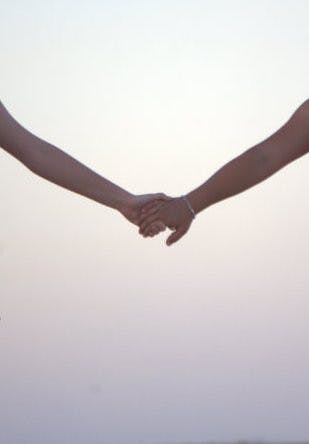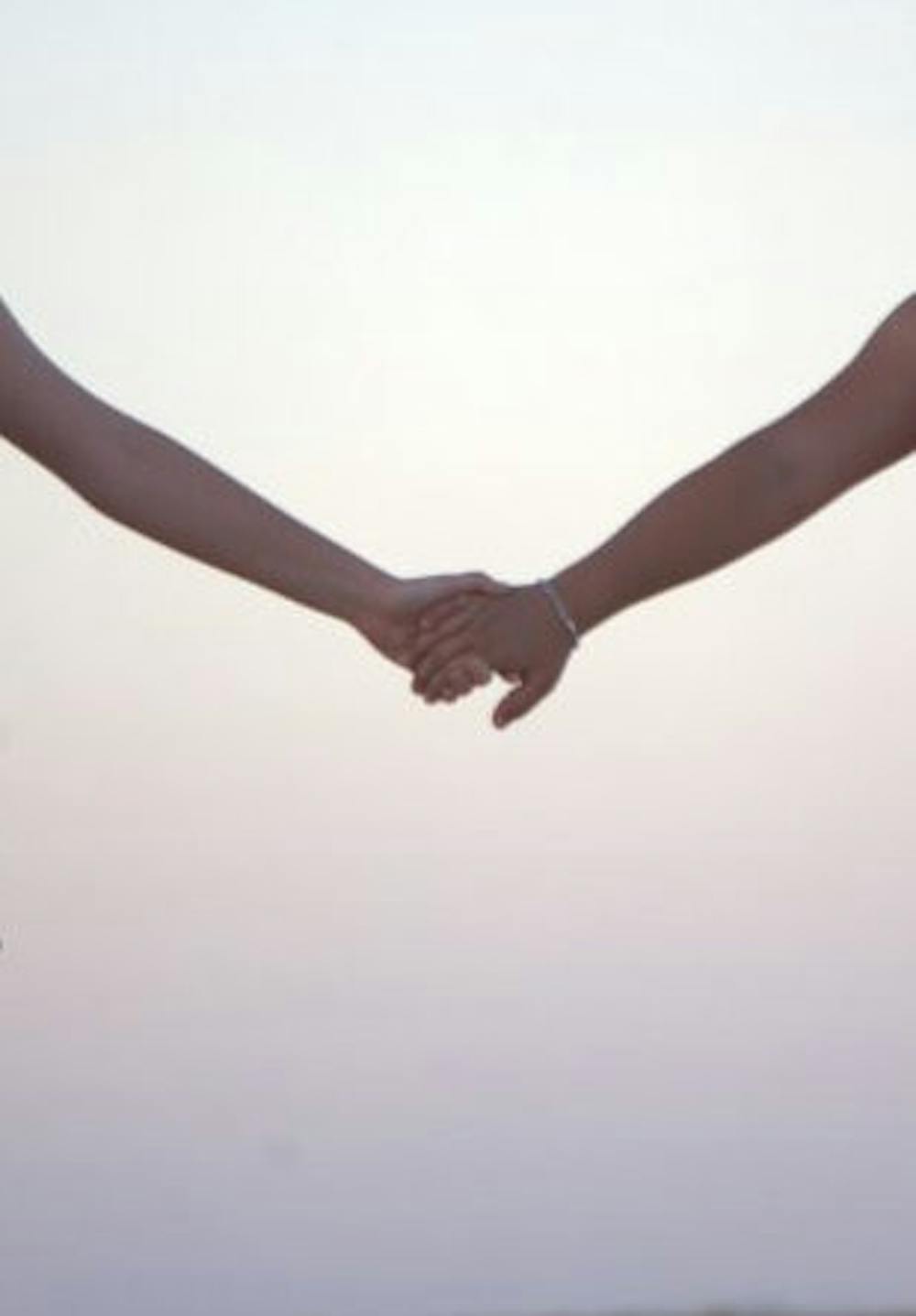Reflecting on the people you surrounded yourself with throughout your childhood can be an eye-opening experience.

Naturally, the kids I grew up with in my hometown were my close friends, and my neighbor was my best friend because we always walked home together after school. We saw each other for soccer practices or to hang out, and I would have sworn to you that those were going to be my friends for life.
Then high school came and being that I went to high school in a different town, the time I spent with kids I grew up with declined. The convenience of seeing everybody in school or at practice was no longer there. Initially, it bothered me that I was being left out of the loop because I did not go to school with them anymore. Leaving behind people who practically served as the foundation of my childhood was emotionally painful, but it is a casualty of growing up.
Now halfway through my second year of college, I can say the same thing happened with most of the people I was friends with in high school. My friend group is entirely different now, but I do not have the expectation of seeing these people beyond our college years or remaining lifelong friends after graduation this time.
It is a cynical viewpoint on an aspect of life that is supposed to bring us happiness, but it is also a practical one. Friendships where people think they are going to be each other’s Maid of Honor or Best Man crumble because of distance or arguments. While most play it off as “cutting the toxic people” out of their life, the emotional pain that derives from the end of a friendship you are deeply committed to probably lasts longer than the actual friendship itself. Yet, even these low points in our lives serve as some of the most valuable learning experiences we will ever encounter. In my lifetime, I see my friendships through grammar school, high school and college as three of the most important learning experiences I have gone through.
Grammar school taught me how to just be a kid and let out all those annoying tendencies preteens have during a childhood where I was expected to grow up quickly. High school showed me that everyone has an agenda behind what they say and do and who those actions are aimed towards. That was a tough pill to swallow for me, especially because I used to see myself as the person who saw the best in everyone. So far in college, I have learned to become more comfortable in my own skin as I continue through my young adulthood.
The lessons we learn from these experiences are not always as clear or apparent as we would like them to be, but there is always something to learn from the people you come across. The estimated longevity of your relationship with another person should not define the time you take to connect with people on a personal level. The longevity of a relationship you have with a person should not serve as a ball and chain that does not allow personal growth.
As I like to look at it: time will tell. If you take the time to really focus on how some of your best friends popped in and out of your life, I guarantee there is life lesson to draw from your time with them. Friendships are not meant to be immediately viewed as lifelong commitments, but that does not take away from their vitality in helping us find ourselves as individuals.
Justin Sousa is a sophomore journalism and public relations double major from Mountainside, New Jersey. He can be reached at justin.sousa@student.shu.edu.





